Cleaning up!
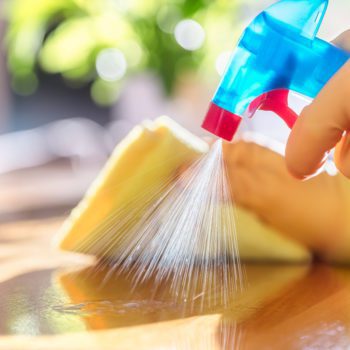
During the Covid-19 pandemic, household hygiene has become more important than ever to help safeguard against the spread of the virus. Alongside this, the work-from-home revolution has meant that the house or apartment is no longer just a home, but a workplace, gym and study spot too, with the result that constant household upkeep has become essential for your shoppers, writes Gillian Hamill
15 September 2021
As a recently published report by Mintel entitled ‘Global Household Trends 2021’ states: “Cleaning products have been extremely important during the pandemic because they are now part of consumers’ safety strategy. People want assurance that they are killing the virus and preventing its spread, and they especially want to know that they’re using the right products at the right time and in the right way to reduce their risk of getting sick.”
As such, household cleaning products and homecare brands have an opportunity to deliver greater peace of mind for consumers, which will reinforce their status as trusted, reliable brands and create repeat purchases. In fact, Nielsen reported in March of last year, that within the Irish market, sales of disinfectant sprays and wipes were up 24% on the same period last year, whilst sales of soap and antiseptics were up 6% on the previous month. “A certified ability to kill Covid-19 brings one layer of assurance,” Mintel’s global report continues. “Apps that track how the virus is spreading in the community and tell consumers where cleaning products are in stock are supplementary tools that will build loyalty and trust. As consumers embrace mental wellness during quarantine, there is an opportunity for specialised products that support their quest. Cleaners for exercise or craft rooms will grow category margins.”
Safe and serene
Mintel also pinpoints a number of trends that are becoming increasingly pertinent within the homecare sector. “The pandemic has forced people to withdraw from society,” the analyst states. “We now work, study, exercise, and play at home, and that has added a layer of stress that has brought many people to a breaking point. The ‘Safe Home, Serene Home’ trend explores how household brands can preserve consumers’ mental and physical wellbeing with products, routines, and philanthropy.”
Under the ‘Wellbeing’ trend meanwhile, Mintel writes that “homecare brands can be critical allies in helping consumers preserve their mental and physical wellbeing with products, routines, and philanthropy”.
Mintel’s ‘Rights’ trend driver also “underlines the need for consumers to feel respected, protected, and supported. Homecare brands will have a new responsibility to educate and nurture people and assist in narrowing the divides that exist in society”.
Task-specific cleaners
We can also expect to see task-specific cleaners become more prominent within the market according to Mintel. “As the pandemic raged on, we engaged in at-home activities that support our mental and physical wellbeing,” the report states. “These activities, whether cooking, crafting, or exercising, have become critical for a population that is squeezing every bit of potential from their homes for the sake of their health. While recent years have seen an increase in consumer preference for all-purpose cleaners, the lockdown lifestyle presents a unique opportunity for brands to develop more emotional marketing around healthful activities and the specialised cleaners that they require. For example, 64% of US adults exercise at home, and this suggests growth potential for exercise-specific cleaners. When we consider this together with the fact that more people have raised both self-care and homecare to an art form during the pandemic, we can foresee the pendulum swinging back to task-specific cleaners.”
Household cleaning brands also have an opportunity to increasingly link themselves with health and wellness apps and organisations; encompassing a holistic approach to wellbeing. “Apps that track and report on our sleep, diet and exercise are becoming more prevalent,” Mintel writes. “As cleaning becomes a component of the wellness lifestyle, data-driven tools that track chores and monitor germs and even caloric expenditure during homecare will help create a routine around this work and solidify its status as a wellness activity. For household care brands, this suggests a host of partnership opportunities that will forge stronger links between homecare and wellness. Beyond cleaning-specific apps like Tody, building cleaning components into exercise apps like Fitbit or mental meditation apps like Calm takes cleaning brands further into this new frontier. Even music-streaming tools like Spotify have teamed up with cleaning brands for ‘cleaning playlists’ that help transform a chore into a wellness routine. This points to growth potential during the pandemic and beyond.”
Circular economy solutions
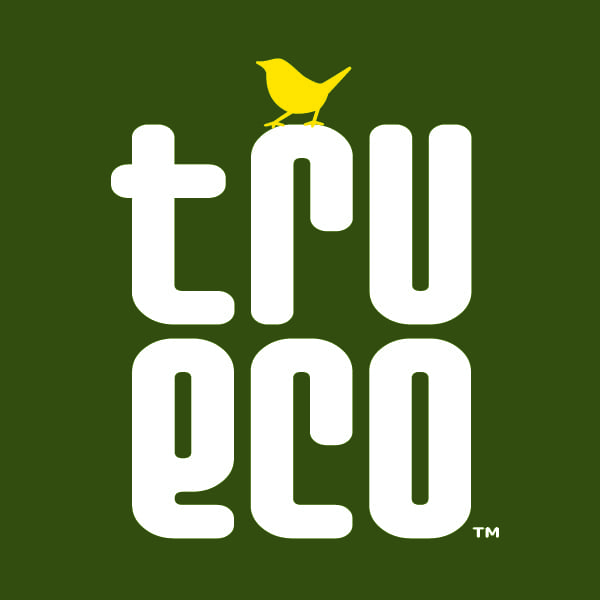
Irish manufacturer, VivaGreen, is offering circular economy solutions for retailers with its Tru Eco range of eco-friendly household cleaning and laundry products made in Ireland.
The Tru Eco range of products is made from plant-based and biodegradable ingredients and each bottle is made from 100% recycled plastic, creating a circular economy product that is reusable, recyclable, and refillable. The range includes an All-Purpose Cleaner, Washing-Up Liquid, Non-Bio Laundry Detergent, and Fabric Conditioner.
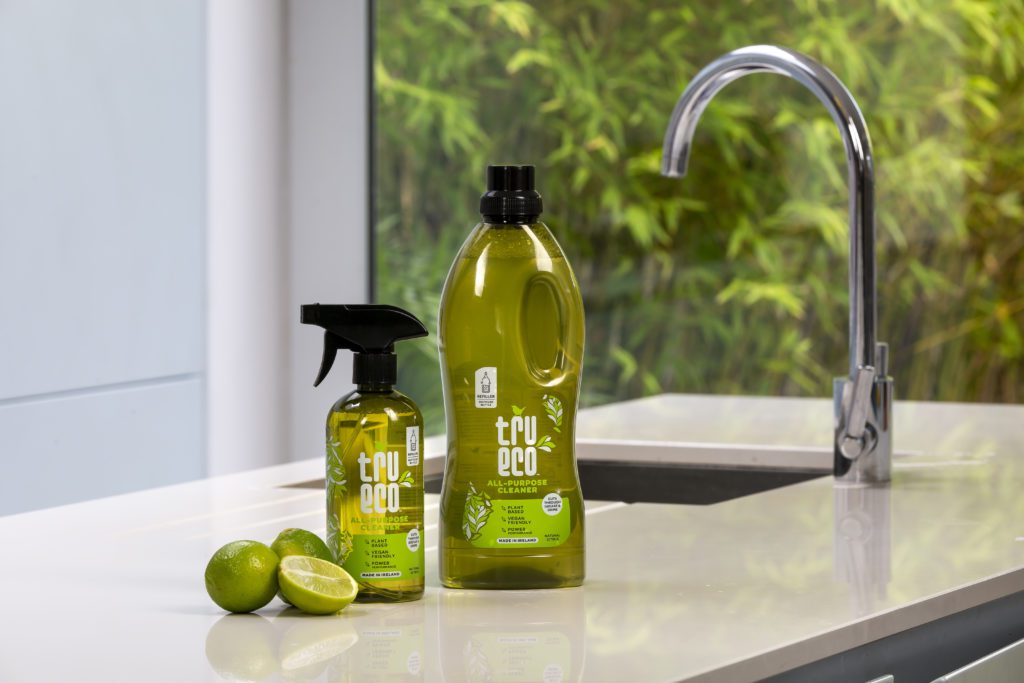
VivaGreen is on “a mission to be a leader in the development of circular economy products and to support local business,” says joint managing director Russell Walsh
Tru Eco also offers a refill solution, which closes the loop on plastic waste. By refilling, people can reduce their environmental footprint, minimise plastic waste as well as lowering carbon emissions.
The bespoke Irish-made, Tru Eco refill stations hold 20L drums of all four Tru Eco products. VivaGreen collects, refills, and returns the drums to the store to start the loop again – a truly circular economy product.
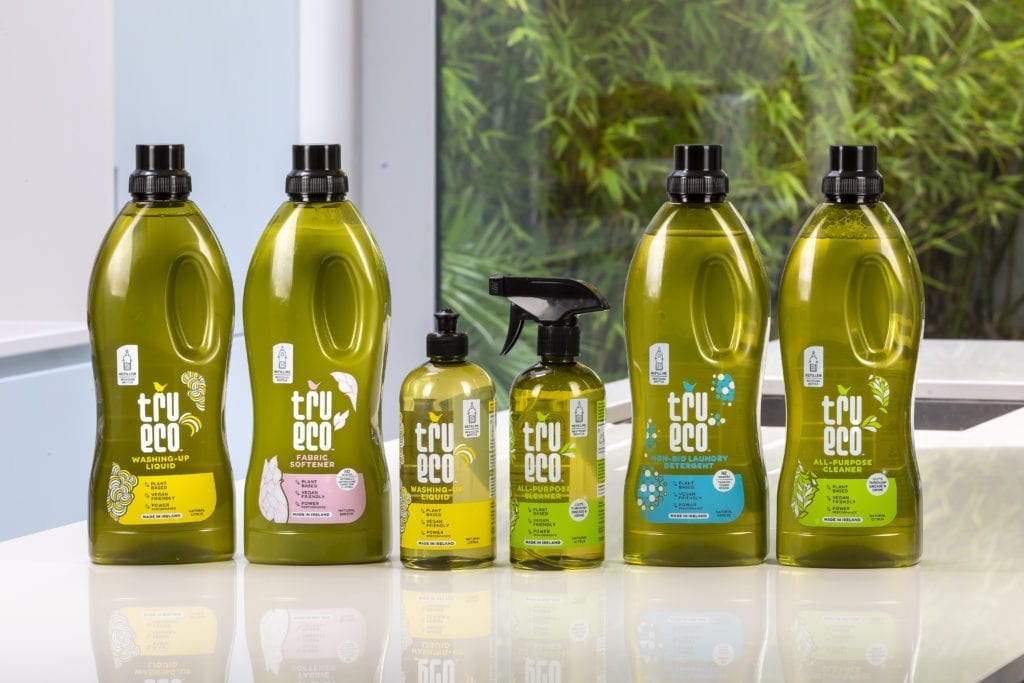
The Tru Eco range includes an All-Purpose Cleaner, Washing-Up Liquid, Non-Bio Laundry Detergent, and Fabric Conditioner
Tru Eco refill stations are being rolled out in SuperValu stores nationwide, where shoppers can bring their empty bottles to refill in-store at a cheaper cost.
According to Jim O’Keeffe, SuperValu Bantry store owner, the team is thrilled to offer a refill solution. “Sustainability is at the forefront of our business strategy,” he says. “We see more and more of our customers seeking greener solutions while shopping so we are thrilled to offer our customers a simple refill solution for their household cleaning products that will help them protect the environment and save them money too. We aim to reduce plastic waste and to offer convenient green options for our customers.”
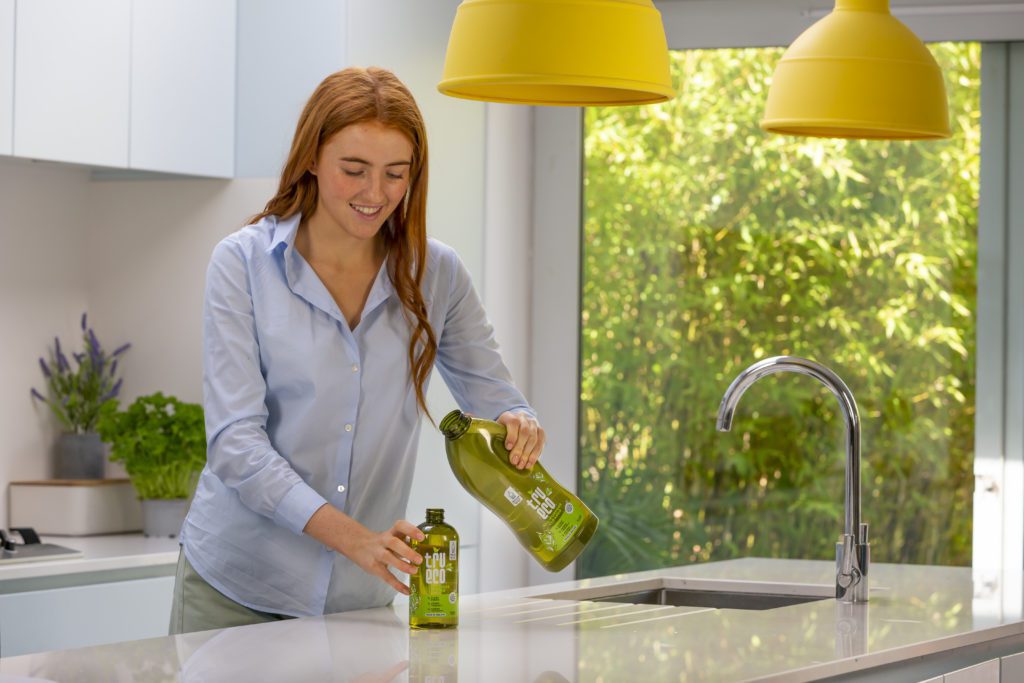
Tru Eco offers a refill solution, which closes the loop on plastic waste
Bantry is the first SuperValu store in Cork to offer customers a Tru Eco refill station. The product range is available in SuperValu stores nationwide and Dunnes Stores Cornelscourt, Dublin and Jetland Shopping Centre, Limerick.
“We are delighted and proud that our Tru Eco range and refill stations are available to SuperValu shoppers,” says Russell Walsh, joint managing director, VivaGreen. “We see our refill solution like the plastic bag levy – you buy our Tru Eco product once and then you return to refill your empty bottle in-store at a cheaper cost. This not only saves consumers money, but it reduces plastic waste in our communities and supports small Irish businesses.
“We are on a mission to be a leader in the development of circular economy products and to support local business,” Walsh adds. “We are committed to working with retailers and communities to make green living more accessible for people.”
VivaGreen’s Tru Eco range and refill stations are also available in eco-stores nationwide and Joyce’s supermarket, Galway.
For more information and its full range of eco products and bespoke Tru Eco refill stations, visit vivagreen.ie or call David Kelly 01 9059909.
Leading sterilising experts
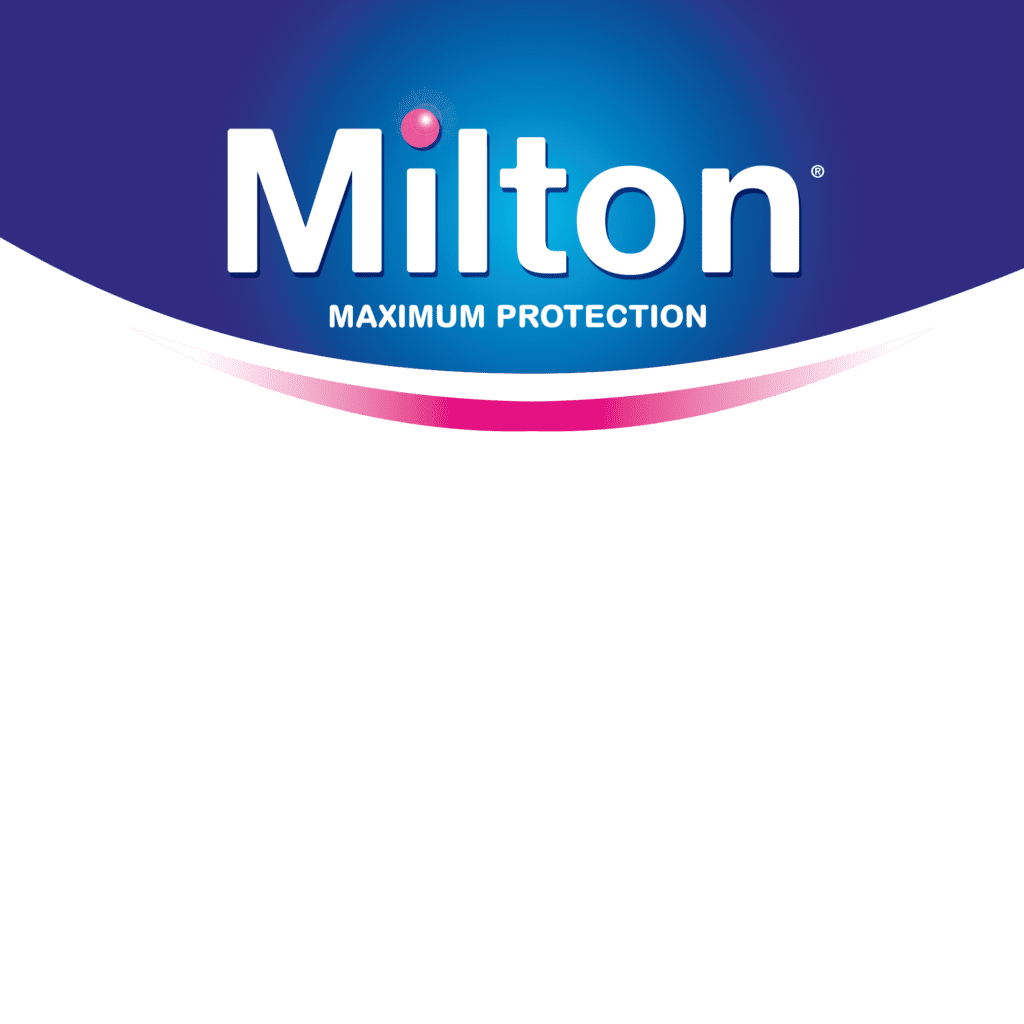 The number one expert in sterilising, Milton has been trusted for over 70 years by hospitals and families around the globe. Milton’s hygiene range of products, which contain 100% plant-based active ingredient, have been tested on and are effective against coronavirus.
The number one expert in sterilising, Milton has been trusted for over 70 years by hospitals and families around the globe. Milton’s hygiene range of products, which contain 100% plant-based active ingredient, have been tested on and are effective against coronavirus.
For home cleaning, Milton is a must-have on all store shelves. The well-known Sterilising Fluid or Tablets can be used daily to disinfect your floors, all kitchen surfaces and bathrooms. The Sterilising Fluid is highly versatile and can be used in so many ways, such as to disinfect kitchen sponges and destain and brighten clothes.
Milton Antibacterial Surface spray is also an essential household product. It’s totally plant-based, unlike the majority of household sprays, it kills bacteria and viruses including coronavirus in five minutes. It is ideal to clean and disinfect kitchen surfaces, fridges, cupboards, sinks, high chairs, bathrooms and in particular toilets.
For door handles, mirrors, small items like the house keys, mobile phones, the inside of cars or shopping trolleys, the Milton Antibacterial Surface Wipes are convenient and effective. Their formula contains a 100% plant-based alcohol derived from beetroot and just water, so there is no need to rinse. As well as being effective on viruses from 30 seconds, they are also eco-friendly as their fabric is biodegradable.
With trusted Milton products, there’s no need for consumers to choose between efficacy and safety, Milton is reliable in all areas and highly regarded by customers*.
*(Use biocides safely. Always read the label and product information before use. Tested on bovine coronavirus according to EN14476+A2:2019)
Brands need to provide ‘more tangible, positive evidence’ of their green credentials: Mintel
A further report by Mintel entitled ‘2030 Global Household Care’, shares some interesting insights about the sustainability of household brands. “Homecare brands have traditionally focused on the environment to demonstrate sustainability,” Mintel states. “Packaging that reuses existing materials, or prevents the creation of new ones, will continue to be a main area of focus, alongside ingredient sourcing that has no detrimental effect. Finally, social justice and human rights will become bigger issues. Homecare brands will be expected to make a difference in the lives of people, as well as the environment.”
Start-up and homegrown brands which have focused on the environment from the beginning have built up consumers’ trust in this regard.
“Transparent and tangible claims,” will prove vital, Mintel adds. “Consumers are becoming savvier to marketing tactics and the idea of ‘greenwashing’ is leading to a backlash against generic terms like ‘eco-friendly’, ‘green’, and ‘clean’,” the analyst states. “Brands will need to provide more tangible, positive evidence of how their products and services make a difference in the world.”



 Print
Print
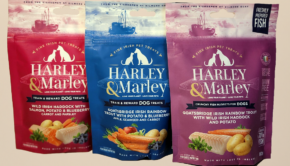

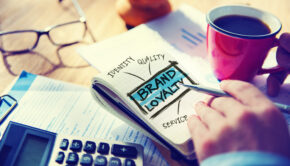


Fans 0
Followers